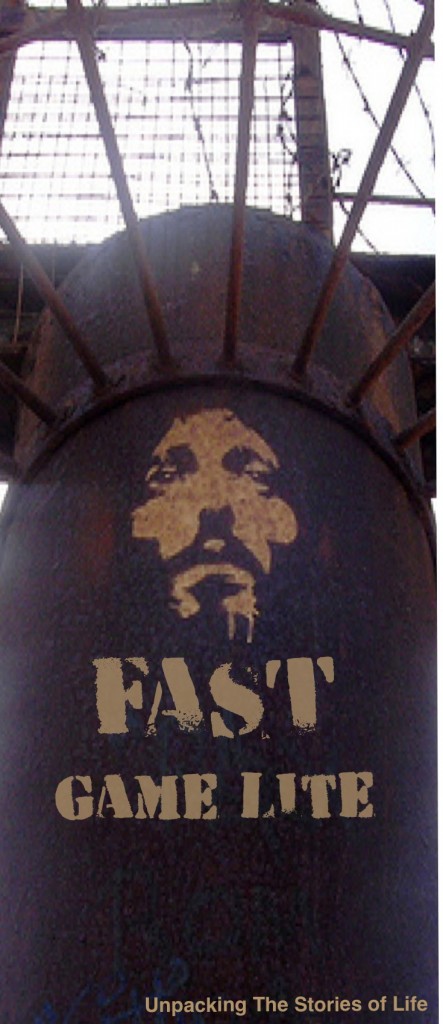It is not often I write out of a sense of frustration, and accordingly I have held off this post for a while. However I have growing sense that the majority of the missional conversation is still paddling in the shallow end and asking the wrong questions.
Norman Iverson blogged about a sense of a lack of real change around Fresh Expressions and church. It is interesting to see an insider raise some the same questions those on the edge have had for a number of years about the FE Movement, perhaps it is time to review those questions. My comment on the post was “The unwillingness to embrace death (of ideas, orthodox Ecclesiology , power) will mean a lack of interest on real change, so the sense of cognitive dissonance that things that FE bring will be embraced instead. But like the institution I fear they too are not really interested in real change.”
Another place of paddling in Fresh Expressions and the emerging church conversation is around the idea of relevance. As if we listened to the community we would discover how to become a relevant expression of church. But we will never really hear the community whilst we are so rooted in our current models of church and orthodox Ecclesiology . An example was a recent post Is your church too cool. My comment again was rooted in the need to practice a completely new way of being and engaging with the question. “Church can never be relevant in our understanding of the word whilst it remains rooted in a concept of gathering outside of the wider community for a supposed experience of worship. Articles like this are asking the wrong questions”
It is easy to fall into the trap of meeting with other christians and thinking we are doing something new, doing something differently. However this, gathering in an exclusive way (i think we often kid ourselves that we are more open than we are) outside of a wider community is part of the gravitational pull that produces the sense of cogitative dissonance that means a lack of real change and keeps us in the shallow end. It is rooted in our false history that we can suggests we can get closer to G-d through a worship service. There is a brilliant article here exposing this myth and its problems.
I am part of a number of emerging (note not gathered and most of which have christians as a minority) communities, and more and more I am convinced that we need to loose any ideas of coming together for a time of prayer, a time of worship, or a church service. They all simply produce a sense of security that stops us finding out what it really means to love and serve. That is not say we give up meeting together but we meet head on the myth that god is present in the gathering more than anywhere else and work out what it means to put our wetsuits on and ask better questions and swim deeply with G-d.

